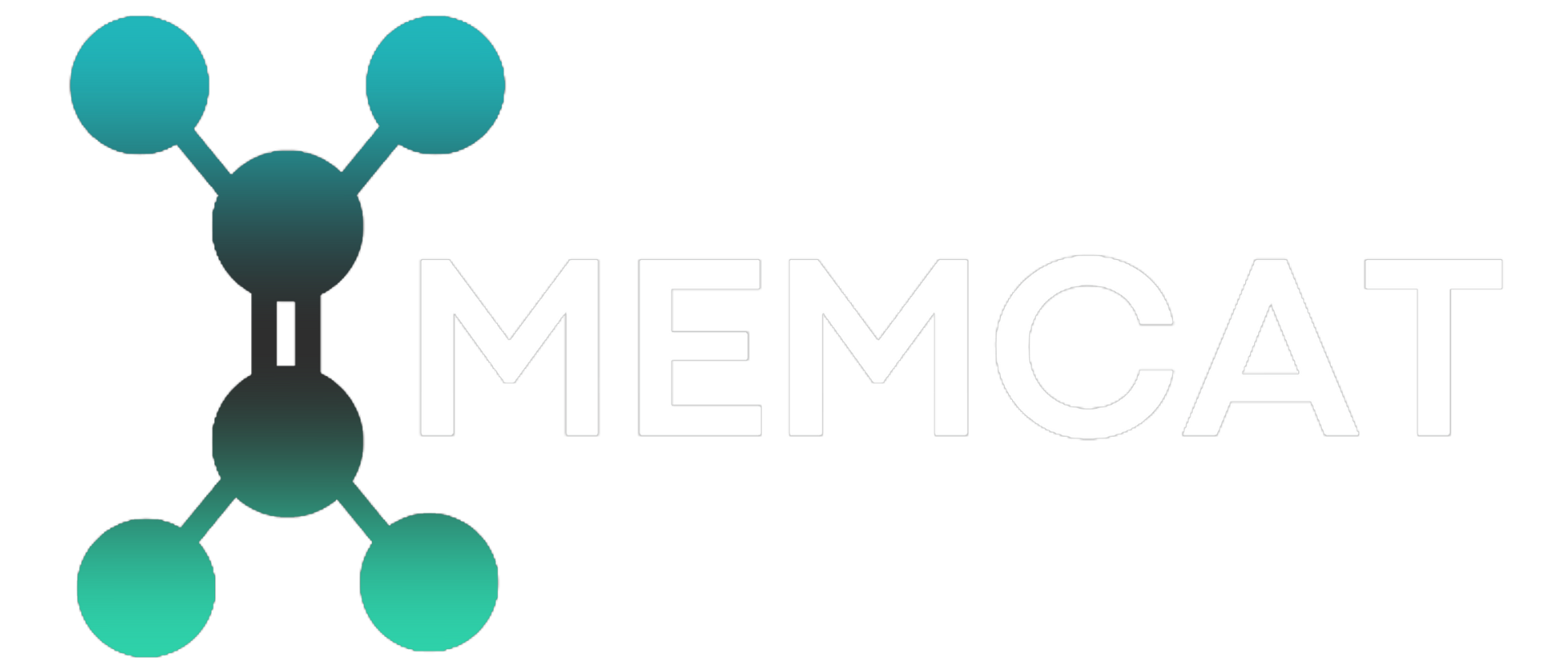The MemCat technology is designed to revolutionize the production of light-olefin products by utilizing captured CO2 as a sustainable feedstock, diverging from the prevalent use of fossil-based sources. Ethylene (ET) is a vital component in these products, with a global demand expected to increase substantially in the coming years. MemCat offers a green alternative pathway for ET production, which is crucial considering the estimated year-on-year growth in demand.
The current market for ET is valued at approximately €80 billion and is predicted to reach €110 billion by 2027, indicating the significant economic impact MemCat technology could have. By enabling the production of ET from renewable sources, MemCat aims to position the EU as a leader in green chemical production, fostering job creation in the sector.
MemCat’s long-term vision extends beyond supporting the traditional plastics industry towards transitioning to renewable e-Plastic production. This shift not only combats CO2 emissions but also avoids competition with food resources, marking a crucial step towards sustainability.
While there are potential barriers to MemCat’s widespread adoption, such as upscaling challenges and competition from alternative technologies like CO2 electroreduction, the consortium is prepared to address these through experience, collaboration, and strategic intellectual property (IP) planning. Additionally, efforts to reduce the cost of green H2 production and improve CO2 capture technologies are expected to enhance MemCat’s economic feasibility and viability in the long run.

